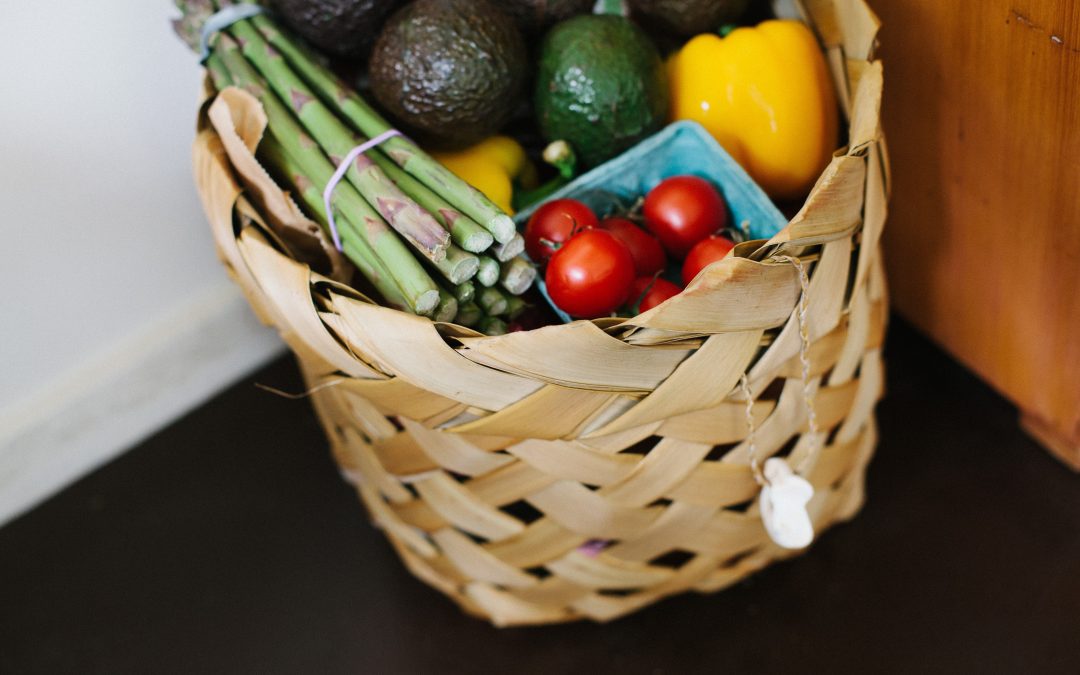The cost of living in countries with volatile currencies – like South Africa – is likely to decrease as the novel coronavirus wreaks havoc in in the foreign exchange market and on domestic demand, The Economist predicted on Thursday.
Presenting the results of the latest Worldwide Cost of Living report, which was compiled using 2019 data, The Economist Intelligence Unit said exchange rate volatility had already started to decrease the cost of living in many urban centres in South Africa, China and Australia last year. In South Africa, the inflation rate averaged 4.1% in 2019 and National Treasury has forecast this to rise to 4.5% in 2020, which would still be the second-lowest growth in five years. The last time South Africa recorded price increases lower than this was in 2015, when consumer price inflation stood at 4.6%.
Nicholas Fitzroy, analyst at The Economist Intelligence Unit, said the spread of Covid-19, which has forced many of the developed world’s cities to go on lockdown, will alter the cost of living as we knew it in many economies. Fitzroy said the disruption in supply chains caused by Covid-19 will be outshone by each country’s currency strength or weakness and domestic demand, because those two factors are the primary drivers of the cost of living.
“We might see spikes in certain goods, but I think because South Africa is a country that does earn a lot of its income from tourism as well, issues around demand and currency movement I’d expect to outweigh those supply issues,” said Fitzroy.
Food prices might be an outlier
While The Economist’s intelligence team expects lower demand for commodities in general to push down the cost of living in many European and emerging economies, it says the lower costs could come from the decline in prices of other goods and services, but not food and essential items.
“Food is an interesting one,” said Fitzroy. “Obviously demand for food exports may be rising, with people stockpiling food and supply chains being broken down. So, food exports actually may not see the kind of fall in cost of living that we see in other cities,” he added.
In South Africa, the government implemented emergency price controls and measures to prohibit stockpiling of essential items and foodstuffs before the lockdown began late in March.
Retailers such Massmart Group, which owns Game and Makro, went further to implement price freezes, while many, including Shoprite and Woolworths, also promised to keep basic goods available at affordable prices. However, shelves housing some of these basic items remain empty during the lockdown period in many Johannesburg supermarkets.
Fitzroy said price spikes in certain categories of goods might be unavoidable because of the supply side disruptions. For instance, when African swine fever hit the market in 2019, affecting the production and availability of pork products, prices of pork jumped by more than 100% in China and other Asian cities, he said.
“Things like toiletries, foodstuffs; those are things where prices are likely to rise and possibly, pretty fast. But the overall trend will be towards the dampening of demand and this is likely to outweigh the price hikes related to supply factors,” he added.
Photo by leonie wise on Unsplash / Article by www.fin24.com

